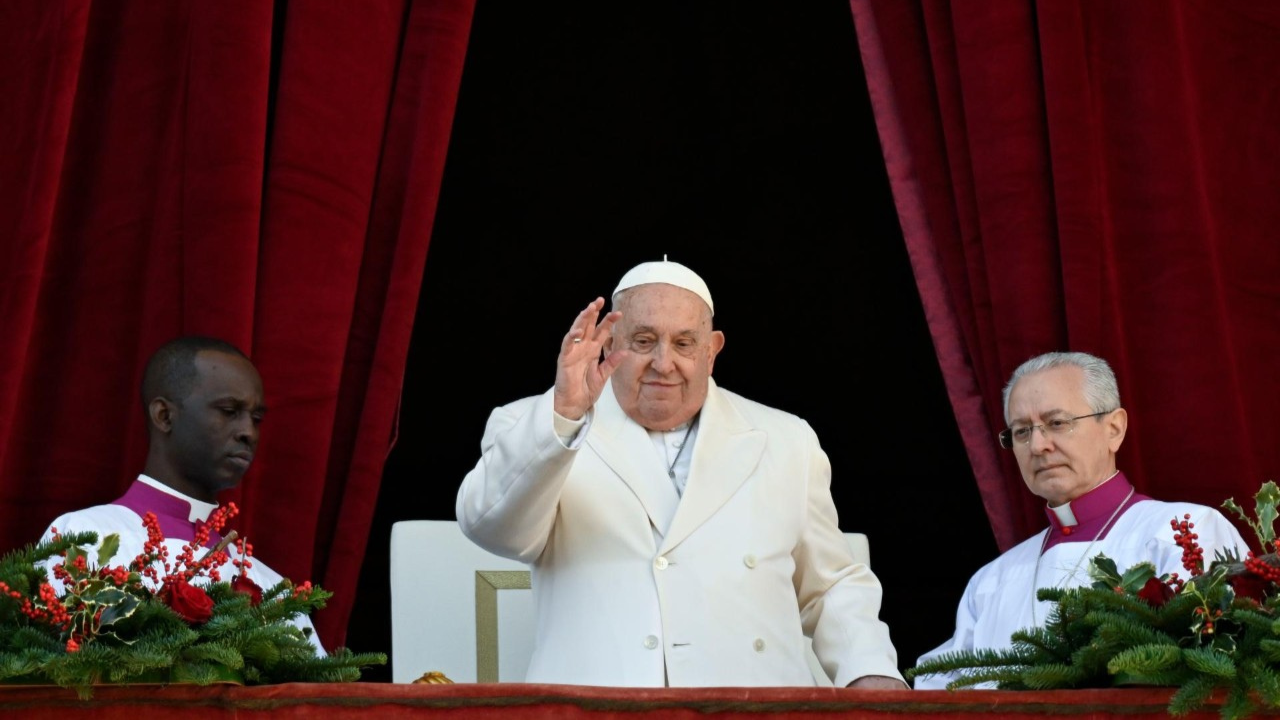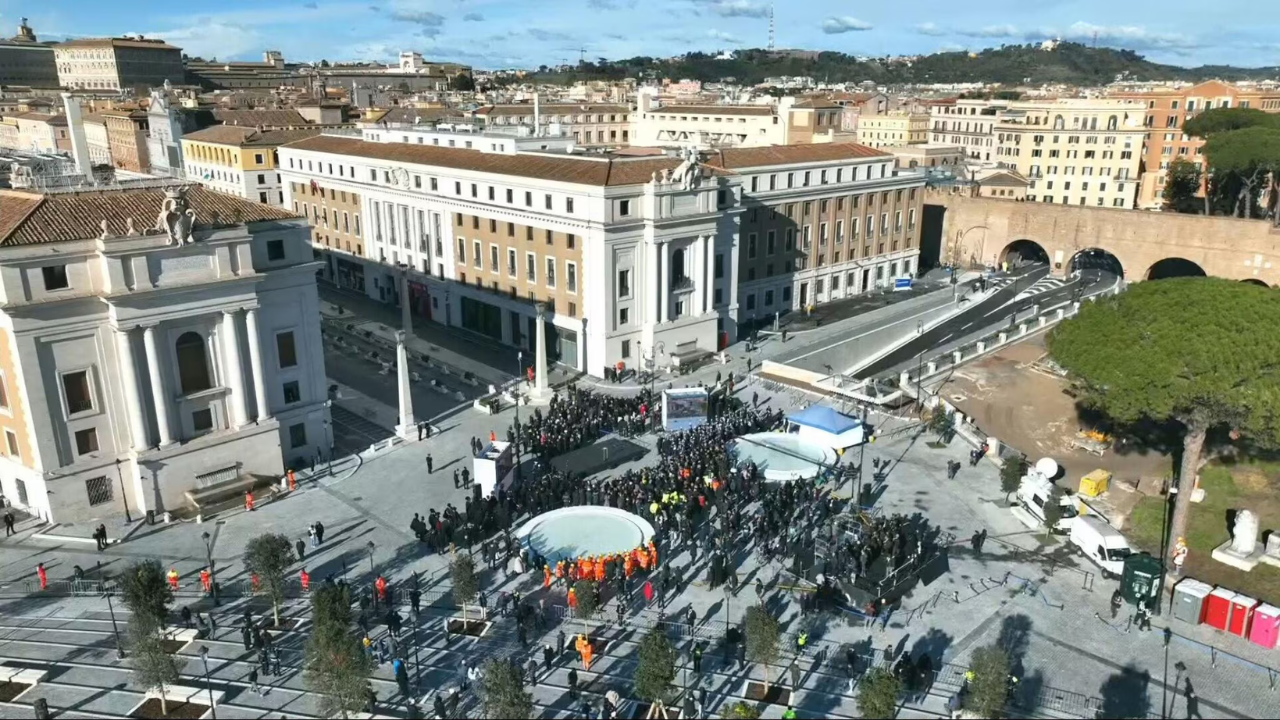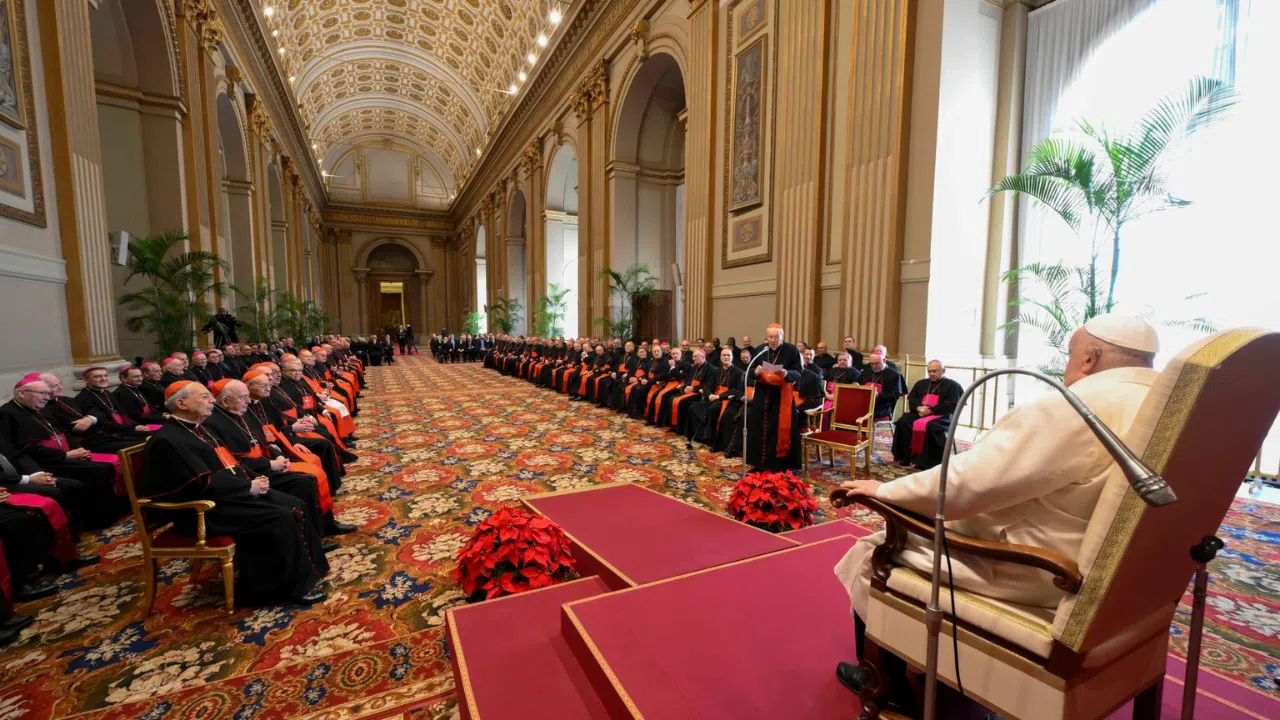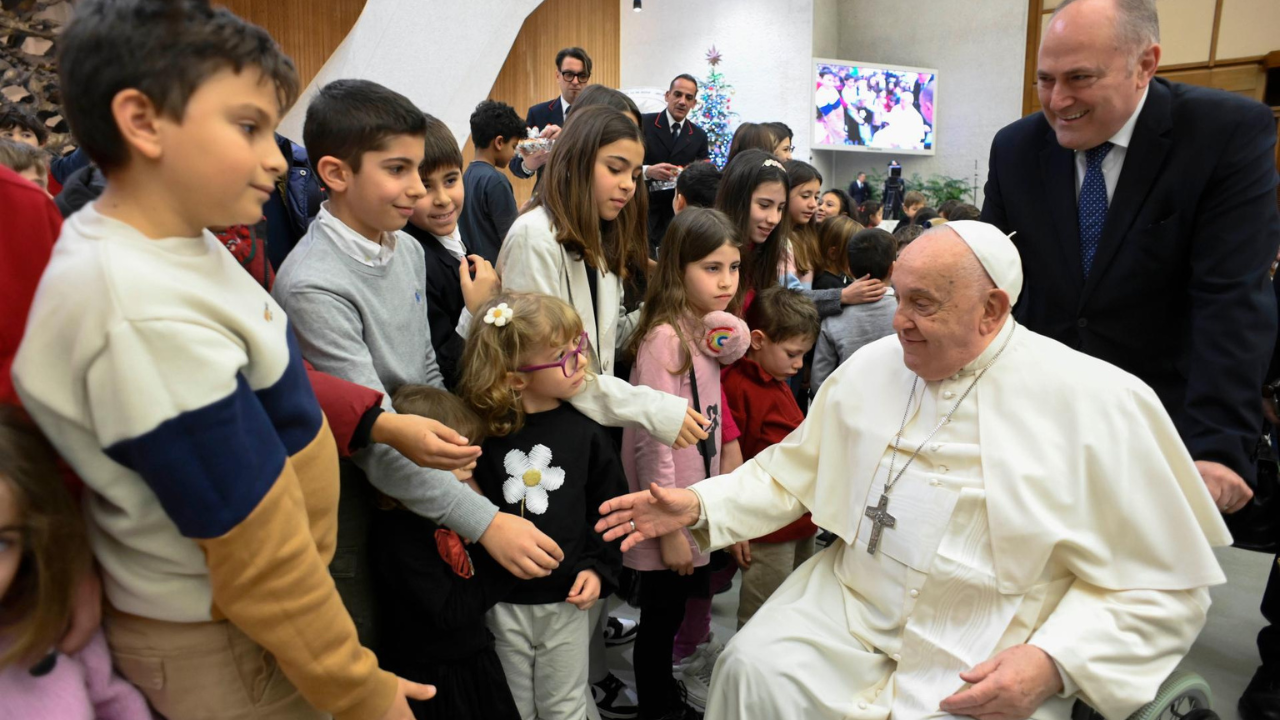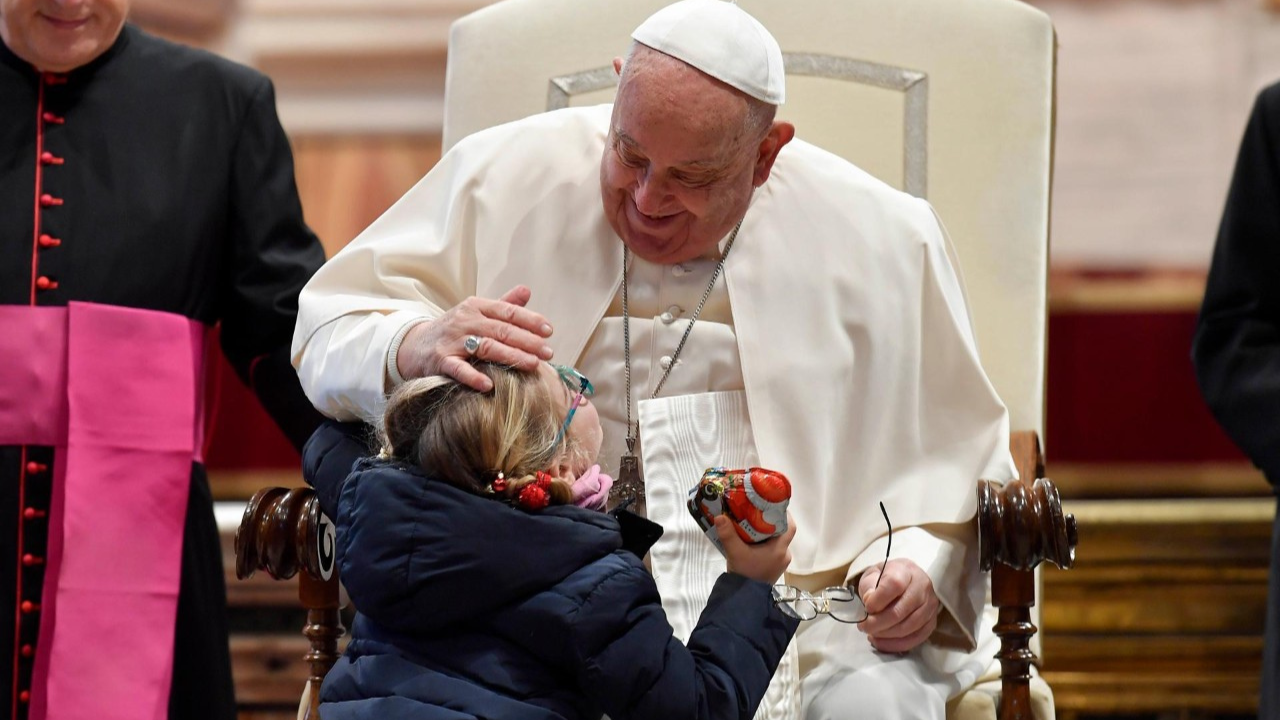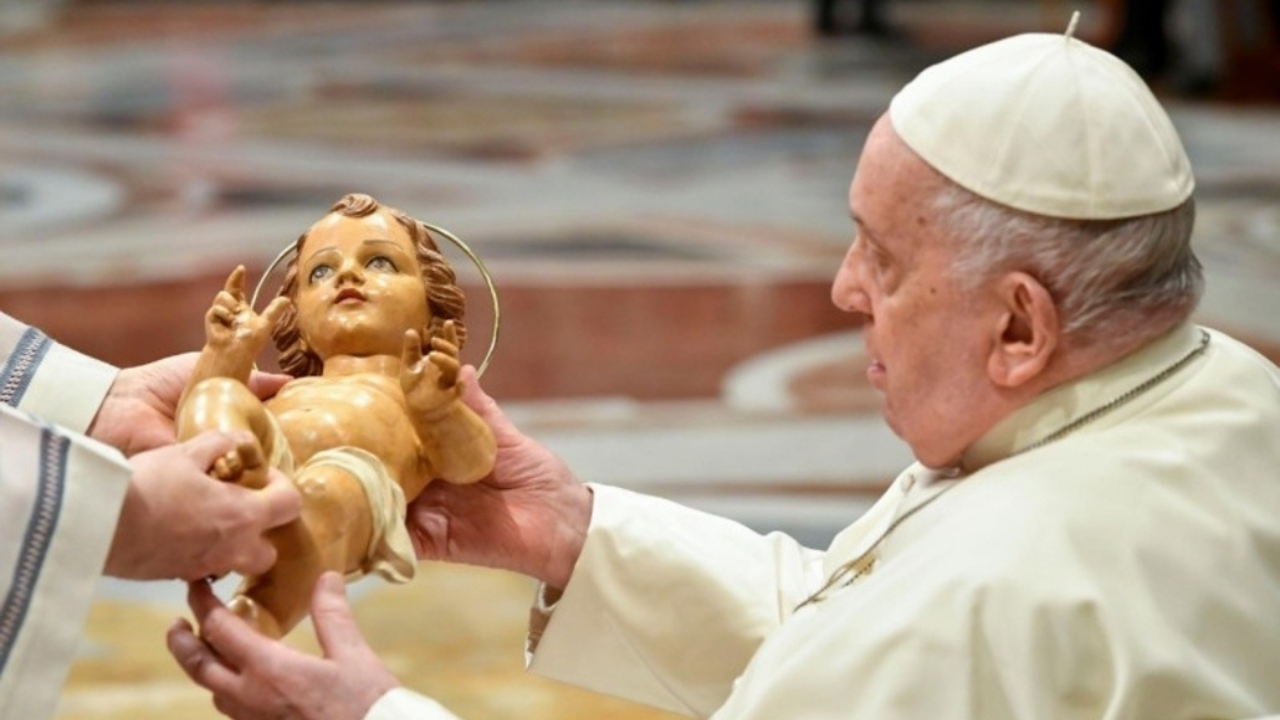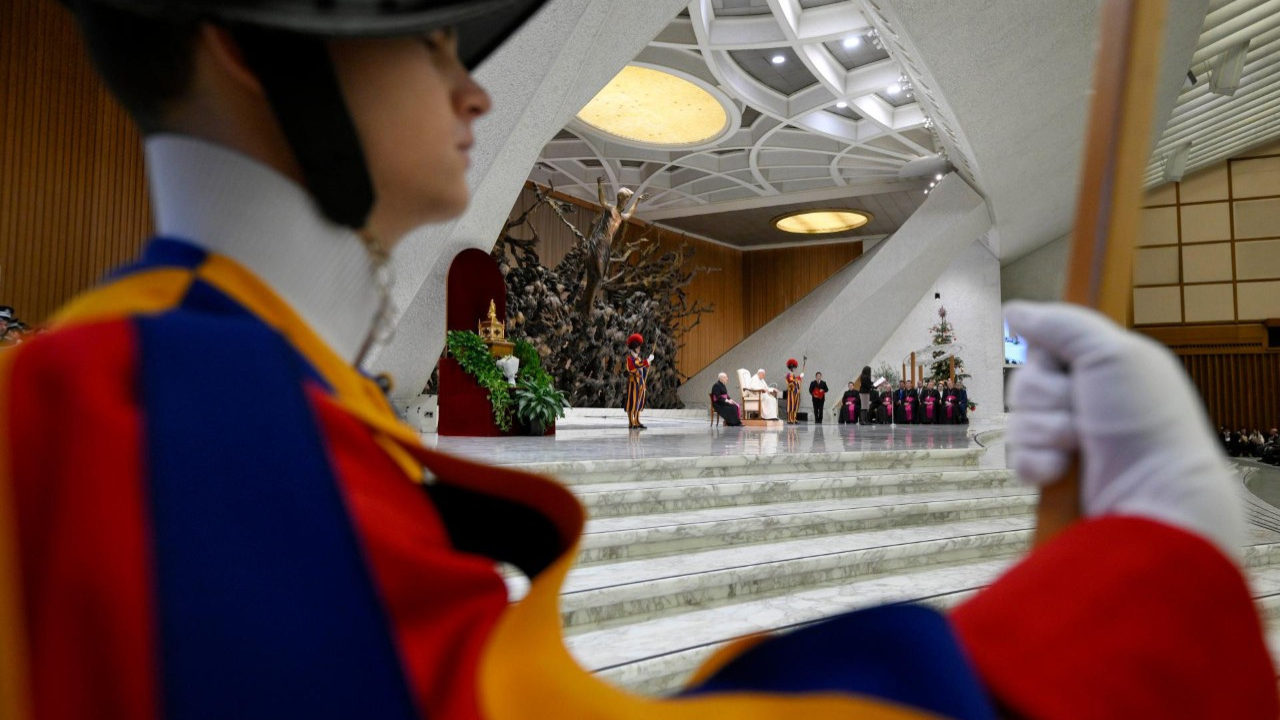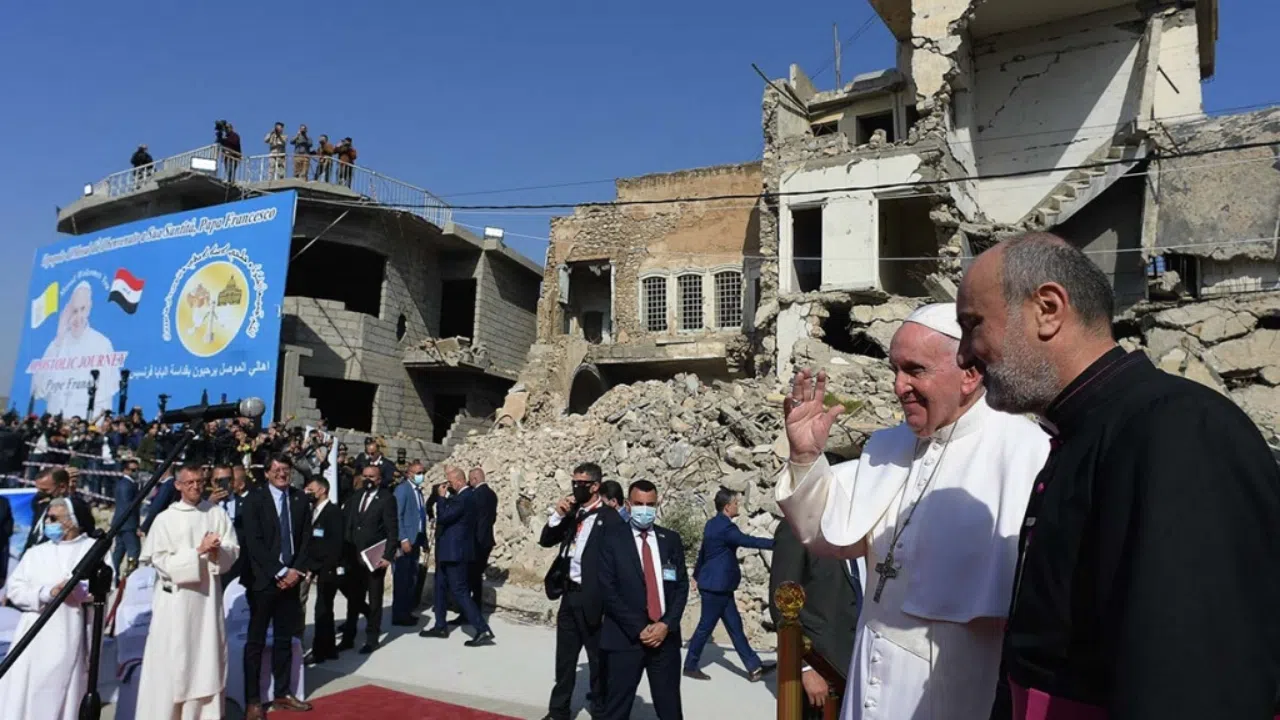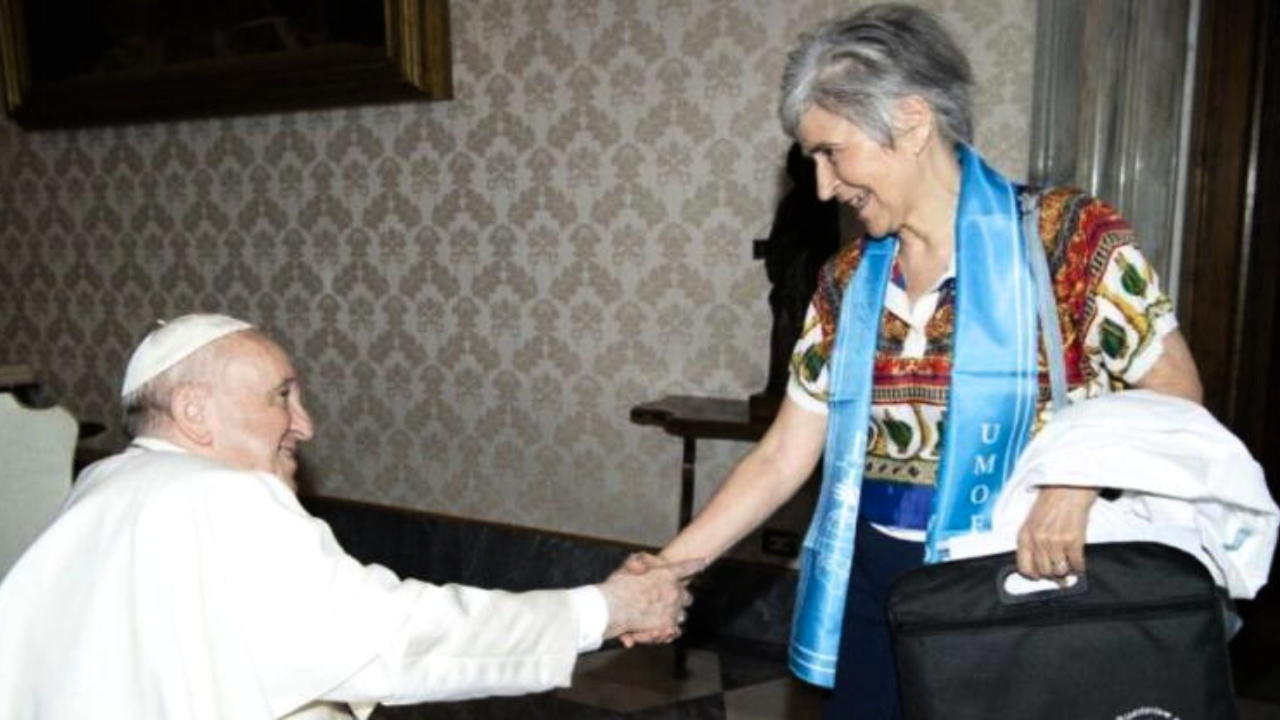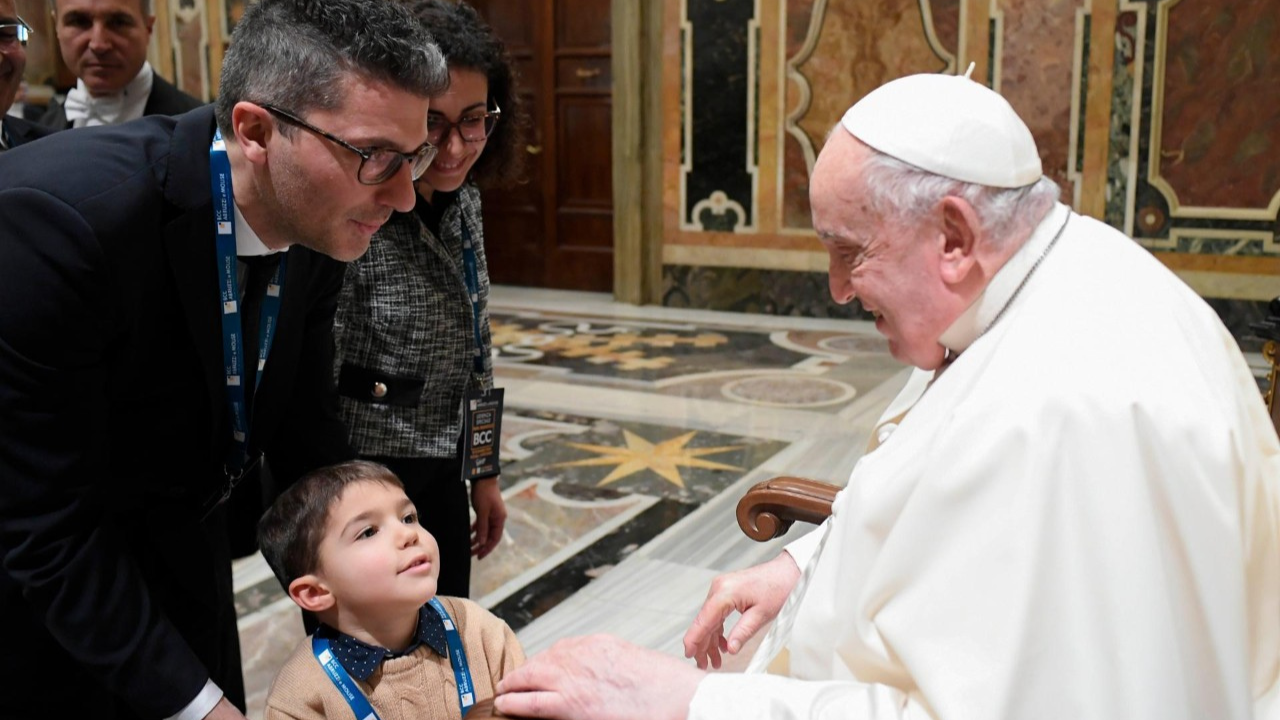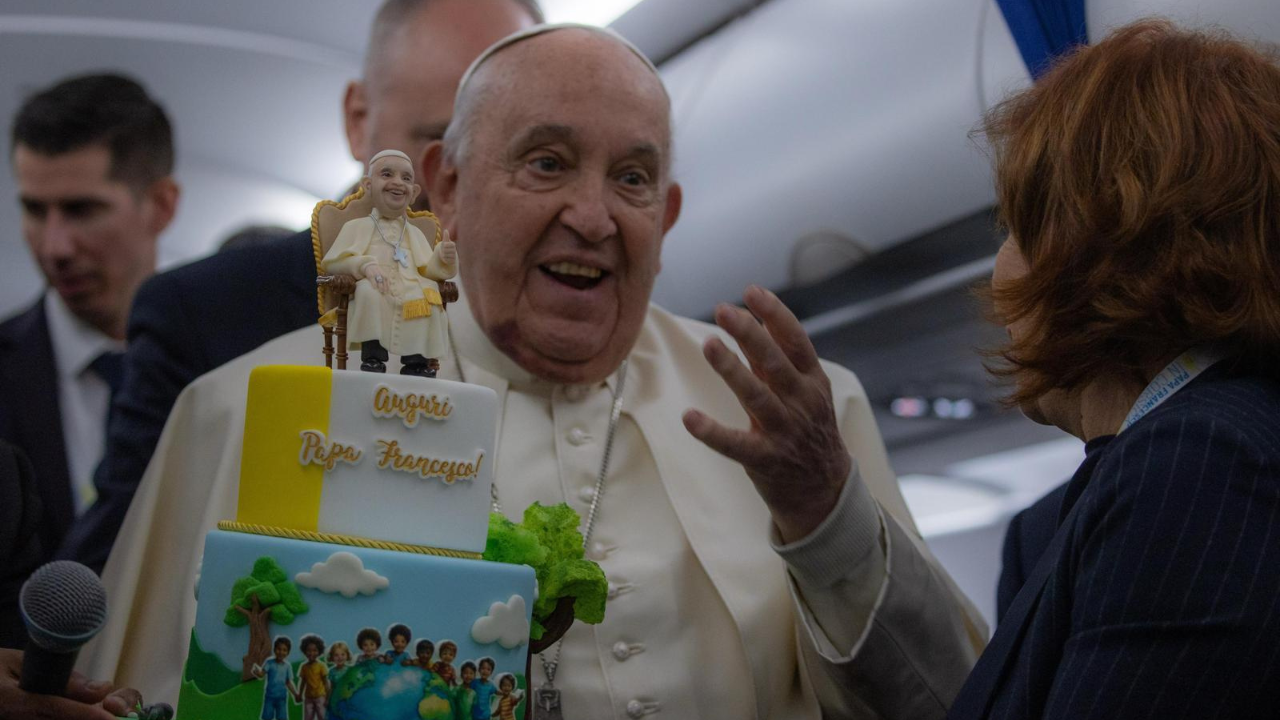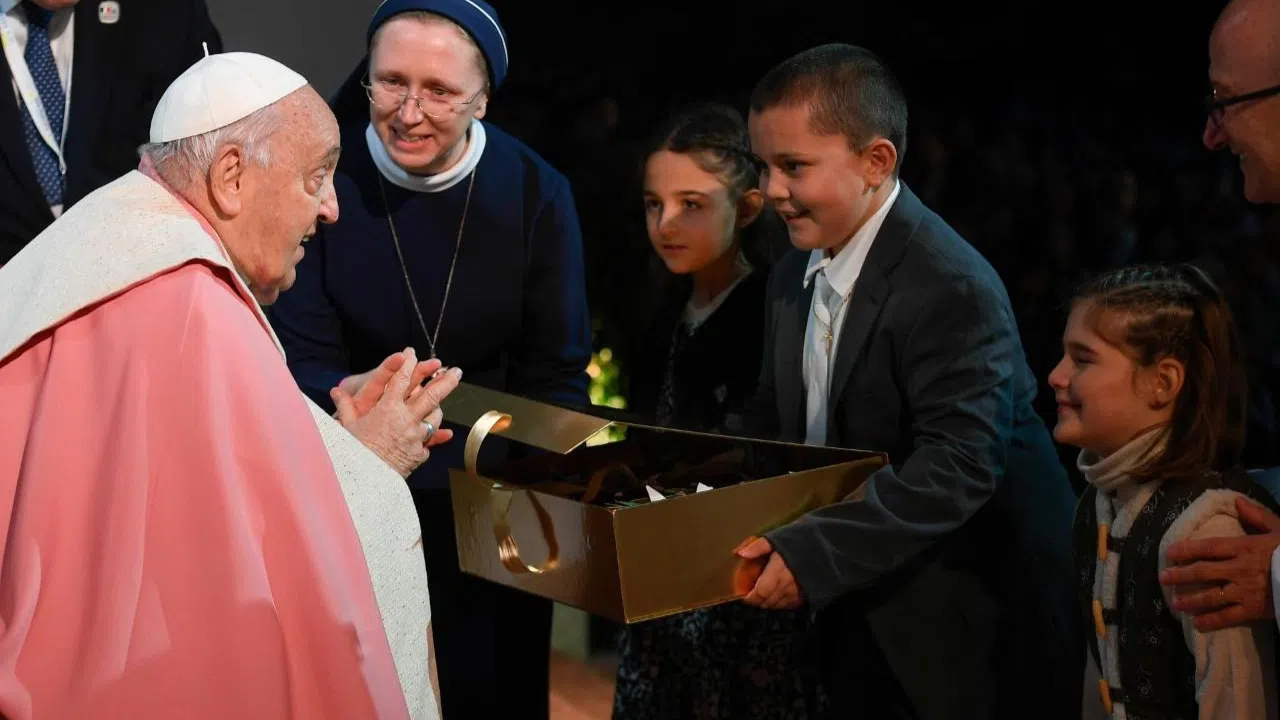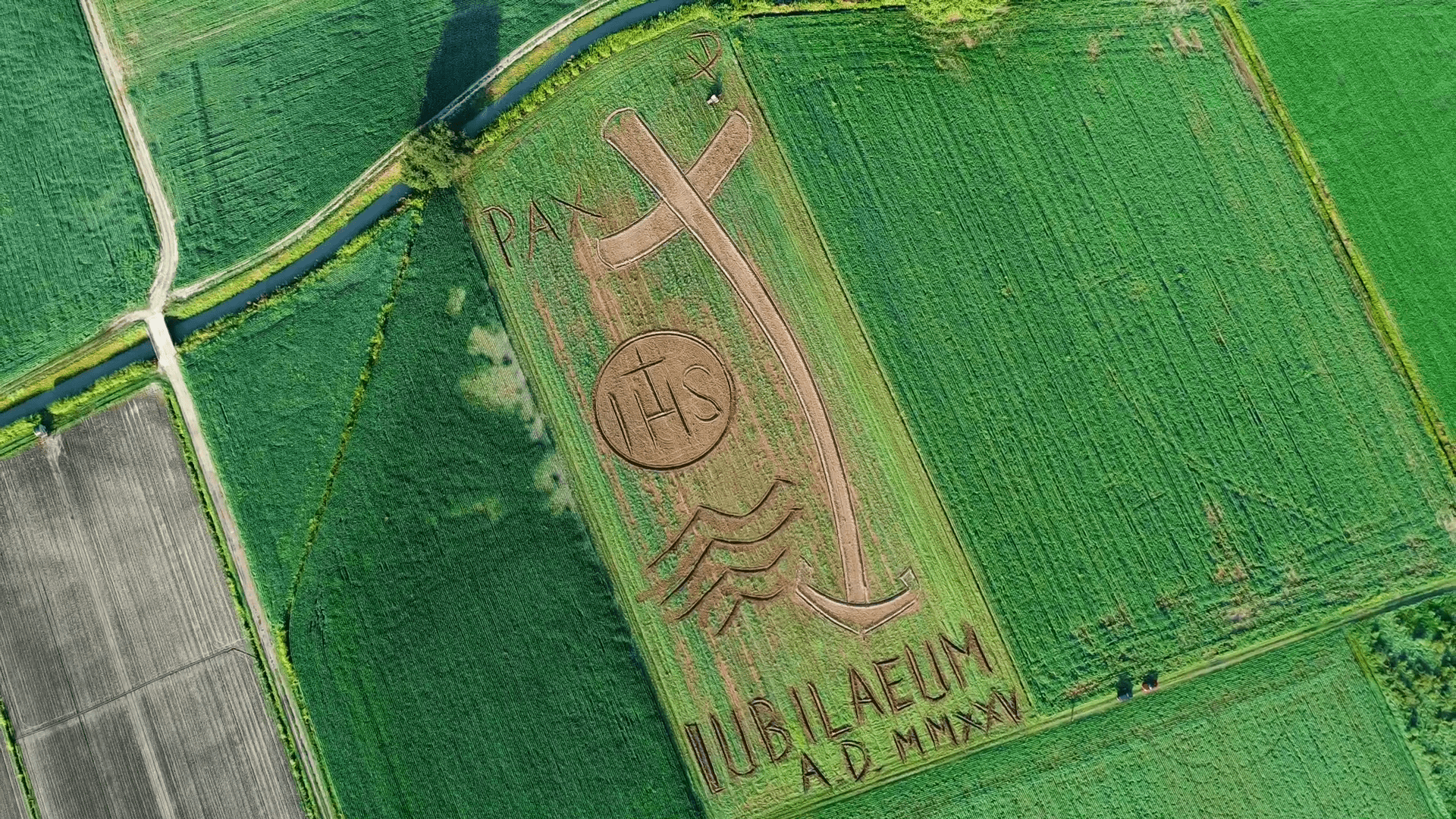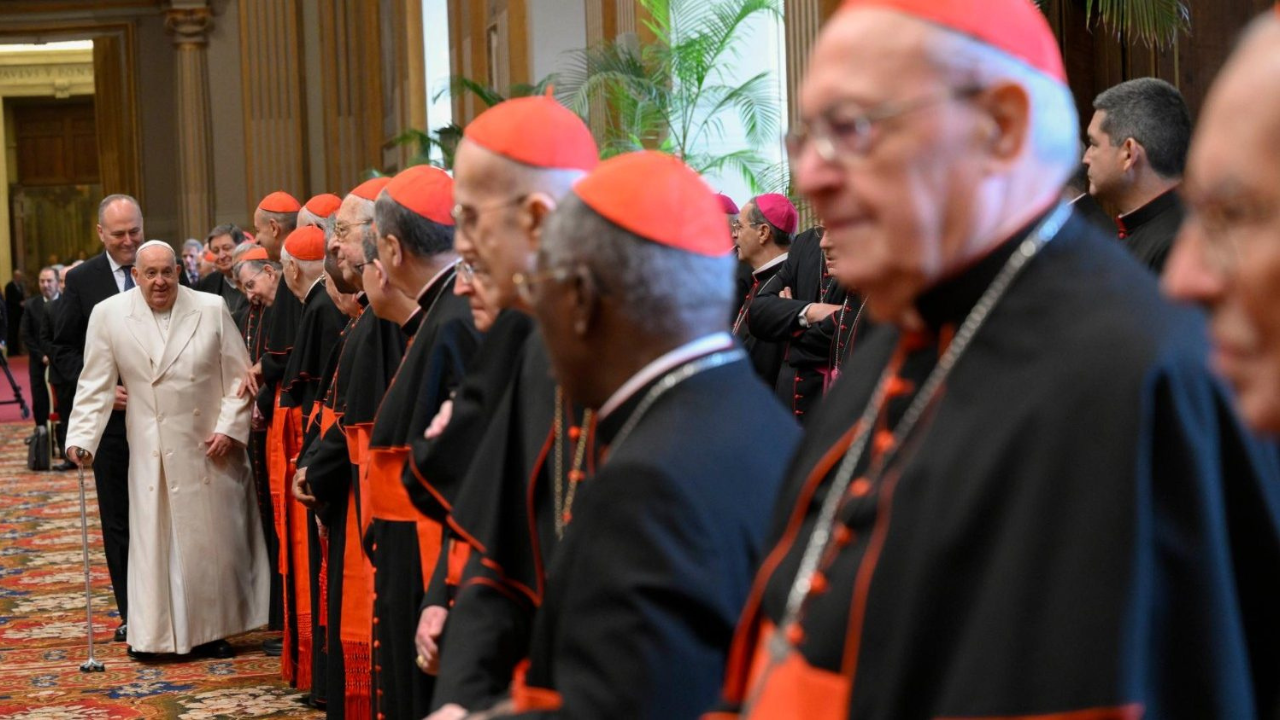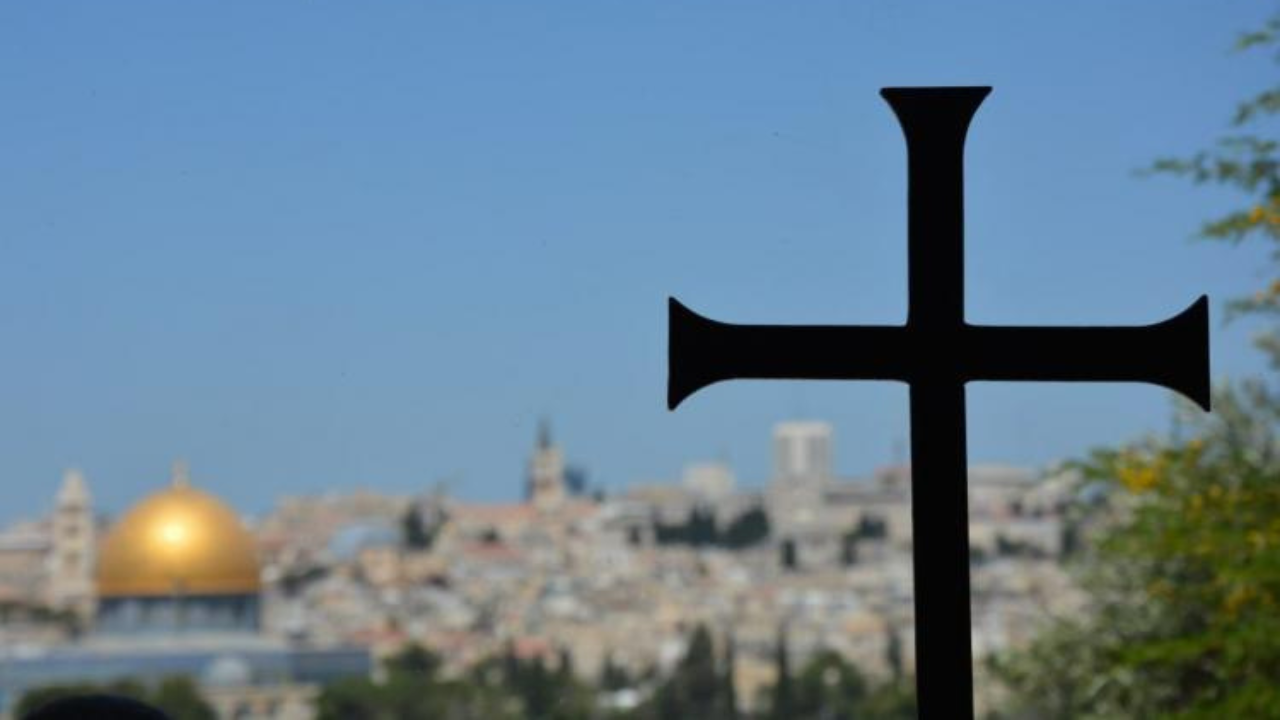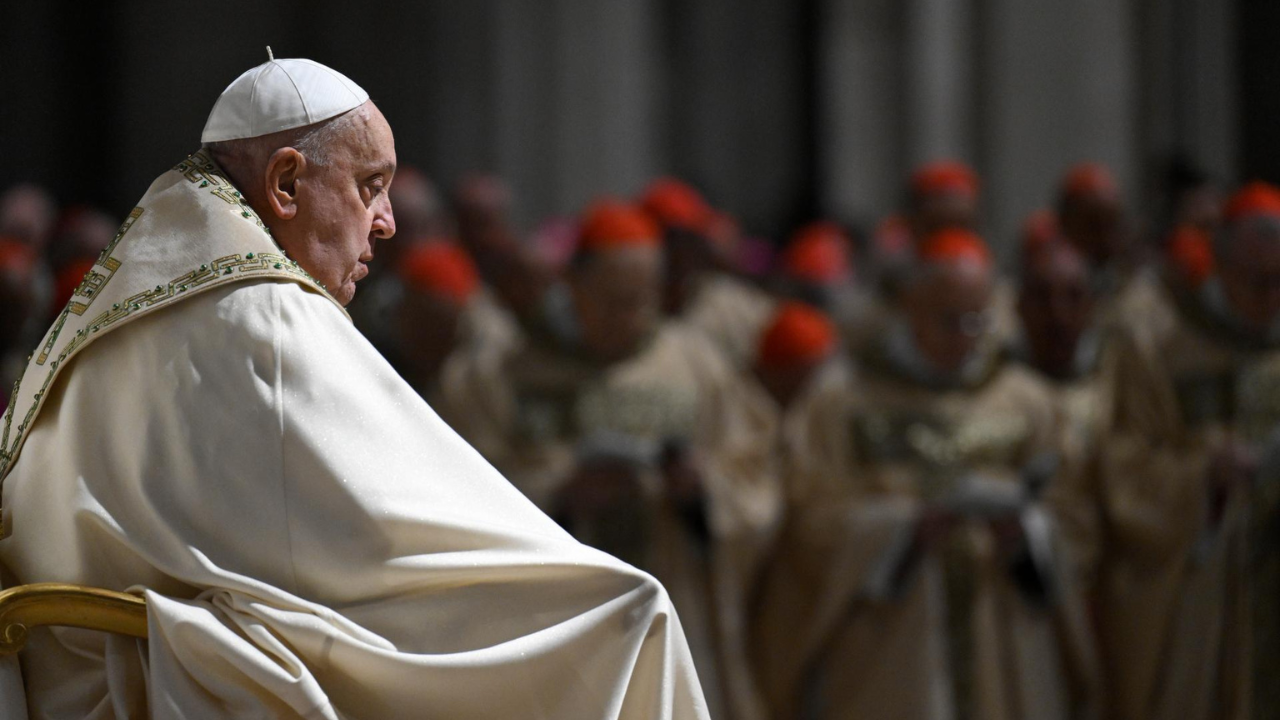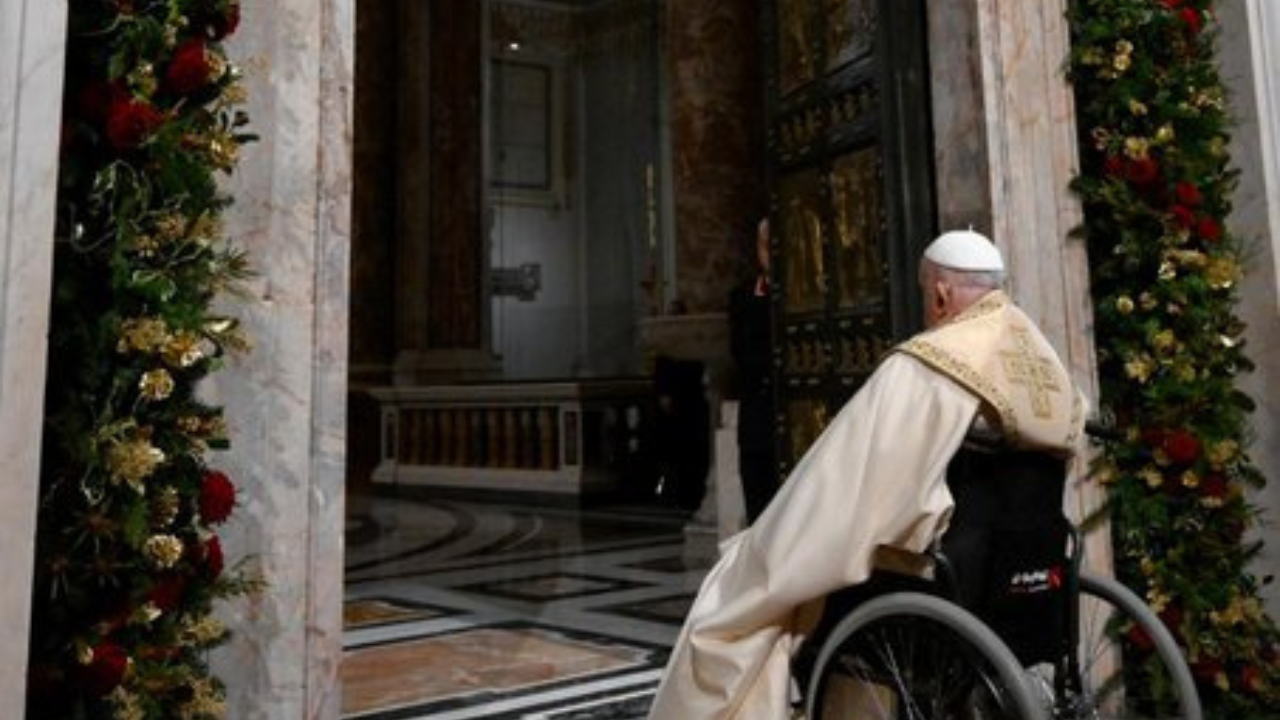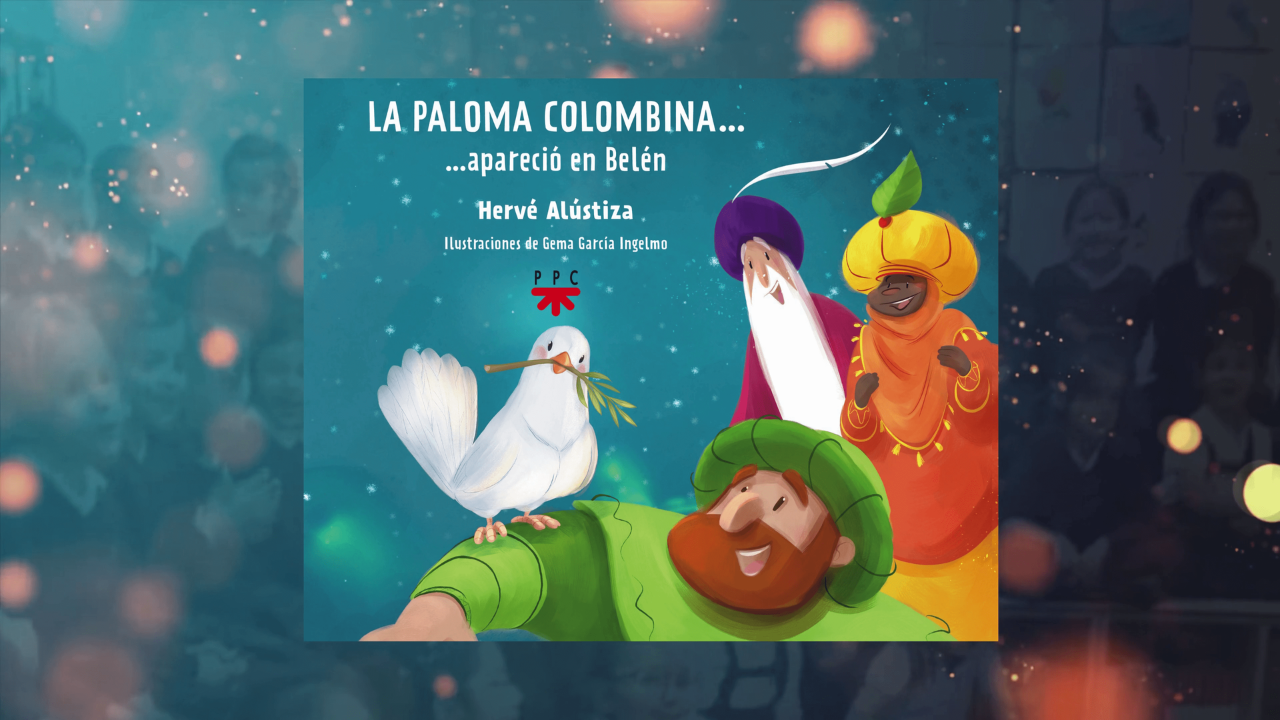What I said to the politicians on both sides is public. None of the things I have said are confidential. Like what I spoke about with the patriarch, he made a nice statement regarding what he discussed.
Then, regarding the president of Russia, I heard from him at the end of the year. He called me to wish me a happy birthday and we talked. I heard from the president of Ukraine twice. I thought on the first day of the war that I should go to the embassy to speak with the ambassador, the representative of the people, ask questions, and tell him my impression of the situation. These are the official conversations I've had. With Russia, I went through the embassy.
I've also heard from the Major Archbishop of Kviv, Monsignor Shevchuk. I have heard from one of you, Elisabetta Piqué , every two or three days, regularly, who is now in Odessa. I heard from her when she was in Lviv.
I speak with her and she tells me how things are. I tell her about how I have spoken with the rector of different seminaries there and with messages to the seminarians, to the people there.
I am in contact also with a representative of yours. And speaking about this, I would like to offer my condolences for all of your colleagues who have died, no matter what side they were on. That is not important to me. Your work is for the common good and these journalists died in service to the common good and for information.
Let us not forget them. They were brave and I pray for them that the Lord will reward them for their work. These are the contacts we have had thus far.
The message that I gave to all the politicians and everything I have done are all public. I don't say one thing to them and another to someone else. It is always the same message.
I also think that with this question, there was some doubt about just and unjust wars. Every war is born from injustice, always. Because with the pattern of war, there is no pattern of peace.
For example, when someone makes an investment to buy weapons. But they tell me that they must defend themselves. This is the pattern of war.
When the Second World War ended, everyone said, “No more war. Peace.” A wave working for peace and avoiding making weapons began, even for atomic weapons. After Hiroshima and Nagasaki, there was a great sense of goodwill.
Many years later, we've forgotten this, haven't we? We have. The pattern of war forces itself on us. There were so many hopes of the leaders that were united in that moment. But the pattern of war sets in again. And it is difficult for us to think in another pattern because we are not used to thinking in the pattern of peace.
There have been some great people like Gandhi and so many others. I mentioned at the end of Fratelli Tutti that they developed their own logic of peace. But we are stubborn. Humanity as a whole is stubborn. We are in love with war, with the spirit of Cain.
It is not by accident that this problem is at the beginning of the Bible - the spirit of Cain, of killing rather than the spirit of peace.
I'll tell you a personal story. When I went to the Redipuglia War Memorial, I saw the names and I cried – really, I cried bitterly.
A year or two later, for All Souls' Day, I went to visit the graves of the boys from the Battle of Anzio. They had the names and they were all young men. I cried there too. I really didn't understand. I mourned them at their graves.
It's a thing I respect because that's the way it is, but it's also a political problem. When you have the commemoration of the Normandy Landings and the heads of government all get together to commemorate it. I don't see them talking about the 30,000 young soldiers who died on the beaches.
The boats would open. Some would get out and others would follow. Youth did not matter. It pains me to think about this. It pains me to see what's happening today. We haven't learned.
May the Lord have mercy on us, on all of us. We are all guilty.
RM
TR: KG
